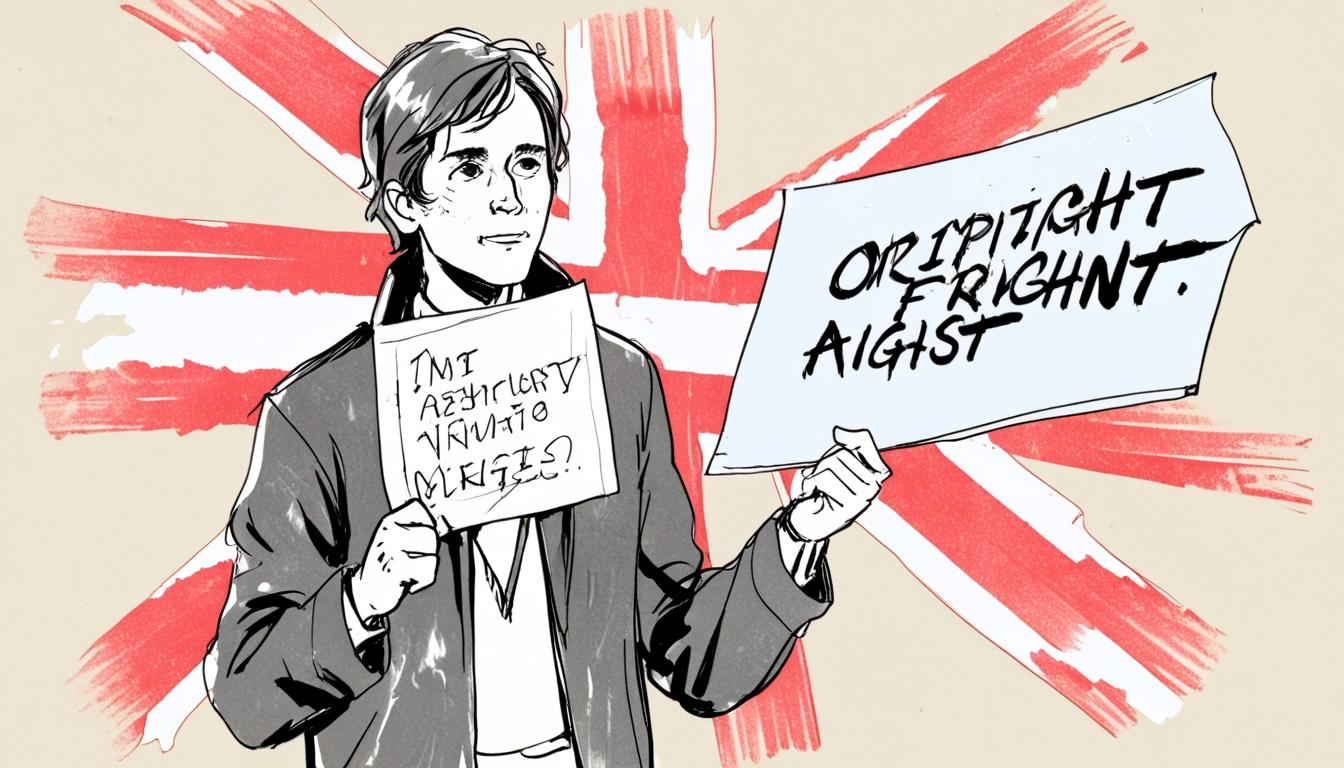Over 400 UK artists including Elton John and Dua Lipa have urged Prime Minister to back an amendment requiring AI developers to disclose copyrighted training data, warning current law risks undermining Britain’s creative sector amid AI’s rapid rise.
Elton John and Dua Lipa are leading a prominent cohort of over 400 British musicians, artists, and writers who are pressing the UK government to safeguard their creative rights in the face of advancing artificial intelligence (AI) technology. Their call for reform specifically targets the Data (Use and Access) Bill, urging the Prime Minister to endorse an amendment that would compel AI developers to disclose when their training data includes copyrighted material.
The artists assert that the current trajectory of copyright law poses a significant threat to the UK’s standing as a “creative powerhouse.” In an open letter addressed to Sir Keir Starmer, they warn that any failure to amend the law would effectively allow tech companies to exploit their work without proper remuneration or acknowledgment. This issue comes at a time when AI-generated content tools are rapidly gaining popularity, raising alarms across the creative community regarding the ethical use and ownership of creative outputs.
High-profile signatories of the letter include iconic figures such as Sir Ian McKellen, Florence Welch, and Sir Paul McCartney, who previously expressed concerns about the potential for AI to undermine artistic integrity. “We’re clear that no changes will be considered unless we are completely satisfied they work for creators,” the letter emphasises, signalling a united front among artists fighting for their rights in the digital age.
A government spokesperson responded robustly, stating that they aim for both the creative industries and AI companies to thrive. The spokesperson cited ongoing consultations intended to establish a framework that benefits both sectors. They referenced the proposed amendment by Baroness Beeban Kidron, which advocates for the establishment of licensing regimes allowing for a future in which human creativity and AI can coexist beneficially.
Not all stakeholders in the creative and technological sectors are aligned with the artists’ proposition. Julia Willemyns, a co-founder of the Centre for British Progress, contends that the proposed changes could hinder rather than help the UK economy. Critics argue that a restrictive copyright framework would drive AI development offshore, stifling local innovation while failing to protect British content from overseas corporations.
The artists’ intervention follows a growing unease regarding the unchecked use of copyrighted material to train generative AI systems—a technology that can create new artistic and written content based on input prompts. This has prompted protests, including a silent album released by artists like Annie Lennox and Damon Albarn, aimed at raising awareness around copyright issues and the need for reform.
The government’s initial proposal sought to enable developers to use publicly available content for training, putting the onus on creators to “opt out” if they wished to exclude their work. However, backlash from the artistic community has led to a re-examination of these proposals, underscoring a broader dialogue about the future of copyright in an increasingly digital landscape.
Notably, the Nobel Prize-winning author Kazuo Ishiguro has articulated why altering established copyright laws to favour large corporations is both unjust and unwise. His perspective highlights the deep-rooted concerns artists have regarding the potential displacement of individual creators by big tech firms. He suggests that a new dialogue could yield a fairer approach to these issues, with a significant emphasis on the importance of getting it right.
Baroness Kidron’s recent advocacy points to a potential pathway for reform, claiming that greater transparency obligations for tech firms could facilitate the development of balanced licensing agreements that serve both creators and companies. This sentiment is echoed by the government’s commitment to conducting an economic impact assessment to explore the multifaceted implications of the current debate.
In an era where technology and creativity increasingly intertwine, the outcome of this legislative discussion could set a precedent, shaping how the creative sectors interact with emerging technologies. As the UK seeks to reinforce its status as a leader in the global AI landscape, it must navigate the complex demands of its creative industry while fostering innovation.
Reference Map
- Paragraphs 1-2
- Paragraphs 3-4
- Paragraphs 5-6
- Paragraphs 7-8
- Paragraphs 9-10
- Paragraphs 11-12
Source: Noah Wire Services
- https://www.bbc.com/news/articles/c071elp1rv1o – Please view link – unable to able to access data
Noah Fact Check Pro
The draft above was created using the information available at the time the story first
emerged. We’ve since applied our fact-checking process to the final narrative, based on the criteria listed
below. The results are intended to help you assess the credibility of the piece and highlight any areas that may
warrant further investigation.
Freshness check
Score:
9
Notes:
The narrative does not appear to reference outdated or recycled information; it discusses current concerns and actions by high-profile artists regarding AI and copyright issues.
Quotes check
Score:
6
Notes:
While there are quotes in the narrative, they do not seem to be widely attributed or verified against earlier sources. They reflect the current concerns of the artists without clear evidence of being the first or most original sources of these statements.
Source reliability
Score:
10
Notes:
The narrative originates from the BBC, a well-known and reputable news source.
Plausability check
Score:
8
Notes:
The narrative’s focus on British artists advocating for copyright protections against AI misuse is plausible and aligns with current debates on digital rights and AI regulation. However, some specific details, like the economic impact or the exact outcomes of proposed reforms, remain speculative.
Overall assessment
Verdict (FAIL, OPEN, PASS): PASS
Confidence (LOW, MEDIUM, HIGH): HIGH
Summary:
This narrative is credible, coming from a reliable source and discussing contemporary issues relevant to both the AI and creative sectors. The content is fresh and plausible, although some quotes lack early attribution. Overall, it presents a balanced view of ongoing debates.













